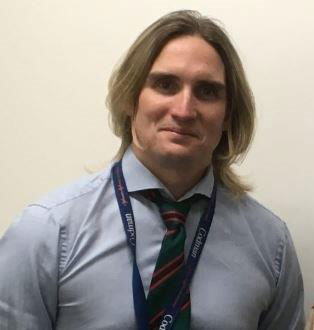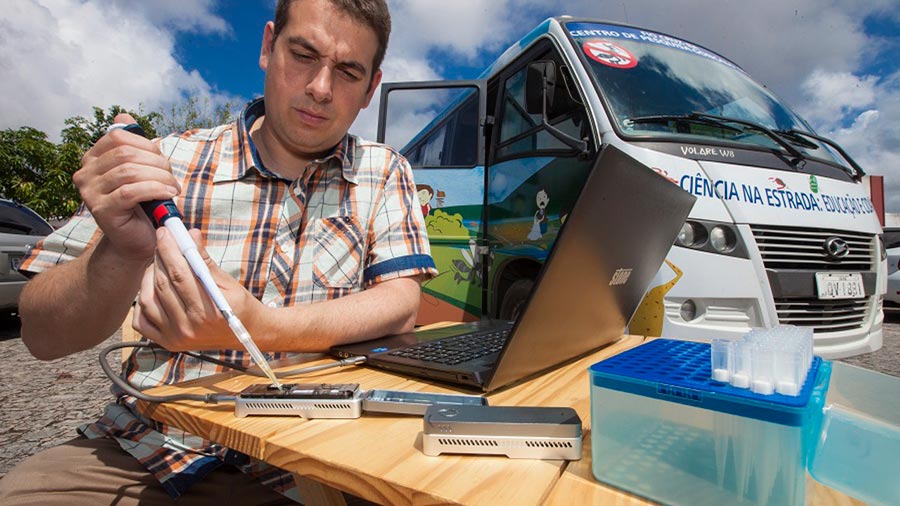Background
Sport-related concussion management remains a diagnostic dilemma to clinicians in all strata of care, coaching staff and players alike. The lack of objective diagnostic and prognostic biomarkers and over-reliance on subjective clinical assessments carries a significant health risk of undiagnosed concussive episodes and early return to play before full recovery increasing the risk of sustaining additional concussion, and leading to long-term sequelae and/or unfavourable outcome. Therefore, a multidisciplinary approach is required to objectively diagnose sport-related concussion and guide a safe return to play following single and repetitive concussions to prevent further complications and long-term sequelae.
Method
RECOS is an observational, prospective, cohort study. A cohort of male or female contact sport athletes (16-65 years) will be recruited throughout the West Midlands region and through referrals from sports clubs anywhere in Great Britain. The participants will have a baseline pre-season screening (brain imaging, neuropsychological assessments, serum, urine and saliva sampling). If a screened player later suffers a concussion and/or multiple concussions then he/she will be assessed again with the same protocol within 48-72h in the Birmingham concussion clinic at QEHB, although attending directly or as soon as is practically possible will be advised. Should the injury be sufficiently serious that the attending staff believes immediate medical assistance or transfer to the nearest emergency department is required, then standard clinical procedures should be followed in these cases.






